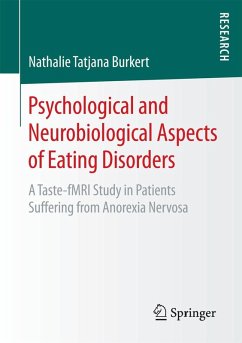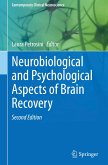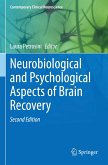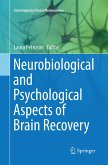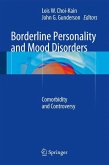This book provides evidence about an altered taste processing due to the administration of a sweet, sour, or umami taste in patients suffering from Anorexia Nervosa (AN). Moreover, the results show for the first time that taste processing is associated with psychological aspects such as stress, anxiety, co-morbidities, or the duration of the illness in AN.
Anorexia Nervosa is among the most widely spread and most severe mental diseases in Western countries. In this book the results of several analyses in 21 women suffering from AN compared to 21 healthy control women (CW) are illustrated. The results of this study contribute to a better understanding of the pathophysiology of AN, and, therefore, help to improve the treatment.
Anorexia Nervosa is among the most widely spread and most severe mental diseases in Western countries. In this book the results of several analyses in 21 women suffering from AN compared to 21 healthy control women (CW) are illustrated. The results of this study contribute to a better understanding of the pathophysiology of AN, and, therefore, help to improve the treatment.
"This is a detailed analysis of a study of 42 subjects (patients and age-matched controls) regarding the psychological correlates to functional and structural changes in the brain. ... The audience includes physicians, psychologists, psychotherapists, and other healthcare clinicians interested in the neurobiology of eating disorders. ... it does present necessary and relevant data substantiating the neurobiological abnormalities in relationship to various prevalent psychological factors in this patient population." (Michael Easton, Doody's Book Reviews, October, 2016)

